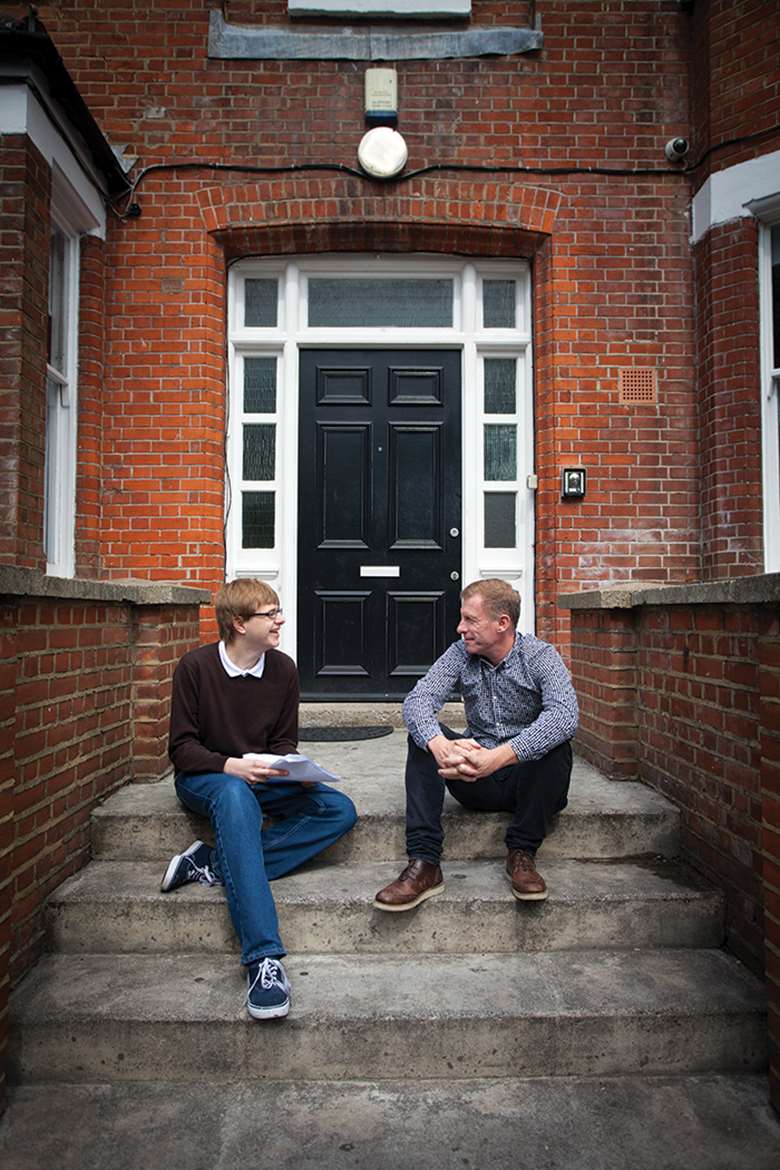International Focus: Social pedagogy in Denmark
Derren Hayes
Thursday, June 1, 2017
Social pedagogy has a strong tradition in continental Europe. It challenges professional silos in focusing on the child as a whole person.

Register now to continue reading
Thank you for visiting Children & Young People Now and making use of our archive of more than 60,000 expert features, topics hubs, case studies and policy updates. Why not register today and enjoy the following great benefits:
- Free access to 4 subscriber-only articles per month
- Unlimited access to news and opinion
- Email newsletter providing advice and guidance across the sector




